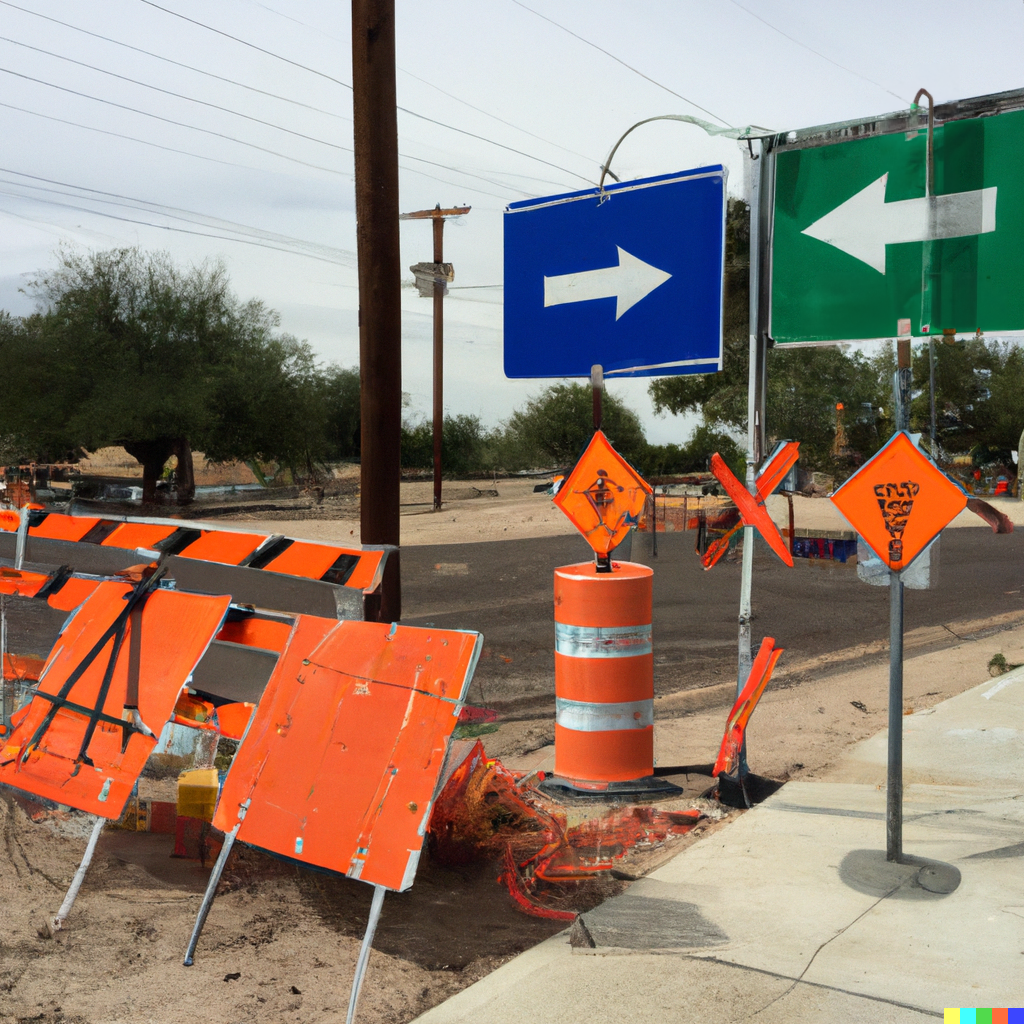NRRP

The evolving regulation of blockchain smart contracts looking at public services resilience for the sustainability of the healthcare and agrifood sectors
Giuseppina Lofaro | 17 June 2024 | Issue 2/2024
The pursuing of resilience and sustainability goals of communities and markets involves the digital transition of public services. Blockchain smart contracts by Distributed Ledger Technology (DLT) show a wide applicative potential within public services addressed to healthcare as well as agriculture and agri-food chain. Additionally, blockchain functionality could improve by the confluence of artificial intelligence (AI) algorithms. The work, privileging the aspects of administrative law of public services such as those leading back to the principle of transparency, analyses this scenario and focuses the regulation path of smart contracts in Italy in the light of the complex and dynamic EU framework. Some debates, including the doctrinal framing, remain open. In 2021 AgID launched a blockchain infrastructure project; in 2023 AgID, according to the new Public Contracts Code, recalled smart contracts within the published technical requirements and certification methods for digital procurement platforms, while the EU activated a blockchain regulatory sandbox and recently approved the AI Act proposed in 2021. Many efforts towards a standardised regulation of smart contracts, either at EU or national level, are being profused, but they must hardly compare with the technological innovation speed and the parallel need to keep all the legal and administrative aspects under harmonic, secure, transparent and efficient control.
Read MoreCorte dei Conti, Sez. Centrale di Controllo sulla gestione delle Amministrazioni dello Stato, Deliberazione 21 luglio 2023, n. 63/2023/G
Matteo Palma | 10 January 2024 | Issue 1/2024
The Court of Auditors examined the implementation of the NRP by the Digital Transformation Department of the Prime Minister’s Office in the part related to the migration of local public administrations to cloud services (M1/C1/1.2). The Court's resolution ascertains the pursuit of the targets set so far and points useful recommendations out to the Prime Minister's Office for the continuation of the activity: constant monitoring of local governments, strengthening of internal audits and constant information coordination with control bodies.
Read More
Qualifications of contracting authorities: insights into the role of the National Anti-Corruption Authority (ANAC) in the field of Public Procurement
Paola Lombardi | 28 December 2022 | Issue 4/2022
Challenges arising from the complex system of reforms put in place by Italy, as a response to the pandemic, bring into question the current role played by the National Anti-Corruption Authority (ANAC) in the field of Public Procurement. This is especially true in light of the provisions of PNRR, the Public Contracts Code and the Enabling Law 78/2022. This paper critically reflects on the role of the ANAC, highlighting the evolution of ANAC's role in time of innovation, with particular reference to the qualifications of contracting authorities.
Read More